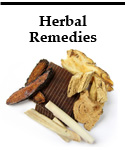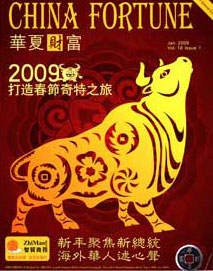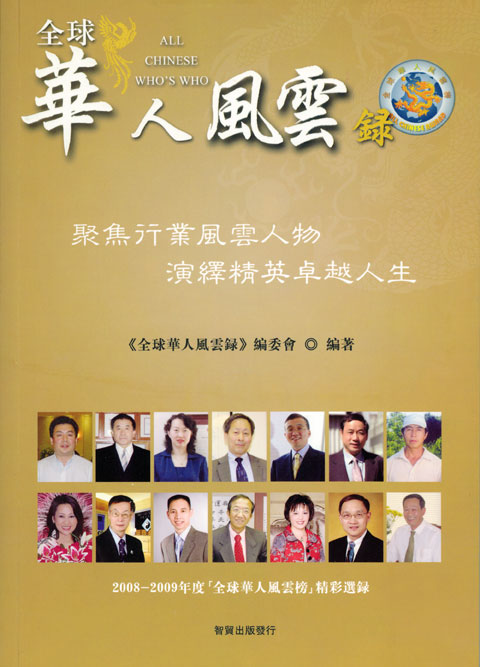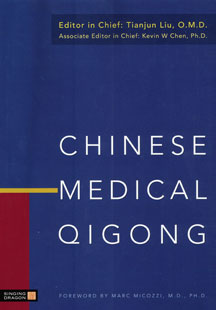Frequently Asked Questions
Q: Are the acupuncture needles clean?A: Yes. Only sterilized, disposable needles are used in my office, and they are never saved and reused for the next treatment or for other patients. Q: What should I do before coming to an acupuncture treatment?A: Maintain good personal hygiene, and do not go for acupuncture treatment with an empty stomach or very full stomach to avoid dizziness and discomfort. If you have emergency situations or acute medical conditions like pain or pressure in the chest radiating to the arm or upper back, shortness of breath, dizziness, sudden severe pain in the abdomen, sudden bleeding, or falls with severe injury, you should go to the hospital for immediate medical care and clear diagnosis. Q: How long is an acupuncture session?A: Normally, one session of acupuncture treatment takes approximately one hour, and the first session takes more than an hour. Q: Is acupuncture painful?A: Acupuncture needles are thin, smooth, and not hollowed as hypodermic needles are. Because the threshold and response to pain varies from person to person, people experience acupuncture needles differently. Some patients feel no pain at all when the needles are penetrating the skin, and some patients experience minimal pain. Once the needles are in place, the proper needle sensation should be: soreness, heaviness, or distending, which may radiate to other body parts. Such sensations subside after a few minutes. Q: What should I expect on my first visit?A: You are asked to fill out a detailed personal medical information form. The practitioner will ask you questions related to your illness or condition, and then the practitioner will start the examination process by examining your tongue and then palpating your pulse, other body parts, or acupuncture points to make the diagnoses and the decision of treatment points. Afterwards, you will be given an acupuncture treatment. The first visit lasts longer than follow-up sessions. Q: Is there anything I should do during the acupuncture treatment?A: You should try to relax your whole body while the acupuncturist inserts the needles into your body and during the short period when the needles remain in place. Do not change your position or move suddenly. If you experience any discomfort, let your acupuncturist know so that the needles can be adjusted or removed. Q: What can I expect after an acupuncture treatment?A: Some patients may find one or a few small bruises at the needle sites; they are not harmful. Some patients may continue to feel the soreness or heaviness of needle sensation for a while or for few more hours. Some patients feel slightly light-headed or sleepy, whereas some feel energetic. Some patients feel an immediate reduction of pain or relief of symptoms. Some may feel a change in the body. Some may experience increasing pain or symptoms for the next few days, and then feel dramatic relief. Q: Can I have an acupuncture treatment while I'm receiving biomedical treatment?A: Yes. Biomedicine and Traditional Chinese Medicine (TCM) each has its own advantage in treating medical conditions. For many conditons, there are great results when they are combined. For example: acupuncture as adjunctive treatment in enhancing the successful rate for biomedical-assisted reproductive technologies; acupuncture treatment for cancer patients with nausea and vomiting from chemotherapy; acupuncture for post-operative nausea and vomiting; acupuncture for patients with parkinson’s disease or depression to reduce the dosage of medicine. Q: Can children or the elderly have acupuncture treatments?A: Yes. Acupuncture is for people of all the ages. Acupuncture can be effective for children with fever, indigestion, bed-wetting, and cerebral palsy, as well as for elderly patients who need help with general weakness, enhancing their memory, reducing their arthritis pain, and increasing circulation and immunity. An experienced acupuncturist can use fewer needles, mild stimulation technique, or needleless acupressure accordingly for patients at various ages and with various conditions. Q: How many styles and types of acupuncture are there?A: There are many acupuncture styles. The oldest TCM style originated from China. Japanese style and Korean style developed from TCM, and Tung’s acupuncture style developed from Taiwan. There are also many types of acupuncture, including: TCM and French ear acupuncture; Chinese scalp acupuncture including Jiao’s style, Zhu’s style, and Fang’s style; Japanese Yamamoto scalp acupuncture; abdominal acupuncture; Chinese and Korean hand acupuncture; eye acupuncture; and tongue acupuncture. Q: What is the benefit of Oriental medicine?A: For the most part, acupuncture has become a treatment for pain relief in the United States. Acupuncture has many more health benefits:
Q: How does acupuncture work?A: According to TCM theory, acupuncture balances the human energy circulation, which is a whole system of healing. Based on extensive research, these are some of Western medicine’s explanations:
In short, all the chemicals and hormones released in the body by acupuncture stimulation influence the body's own internal regulating system. With its dual action, acupuncture is beneficial for people with hypertension/hypotension, hyperglycemia/hypoglycemia, increased intestinal peristalsis/decreased intestinal peristalsis, hypertonic/hypotonic of the muscle, faster/slower heart rate, insomnia or hypersomnia, and so on, as well as for the physical and emotional well-being of relatively healthy people. Q: How effective is acupuncture? How many sessions do I need to see results? How frequently do I need them?A: Acupuncture treatment and herbal remedies can be highly effective without side-effects when performed and prescribed by a well-trained practitioner. If good treatment results are not achieved by one practitioner, you should search for another because acupuncturists’ styles and skills vary. Q: How can one find a qualified acupuncturist?A: There are two types of qualified acupuncturists: licensed acupuncturists and certified acupuncturists. A certified acupuncturist is a medical doctor (MD) who has completed 300 hours of acupuncture knowledge training. To achieve a good result from treatment, you need a well-trained, skillful, knowledgeable, and experienced acupuncturist, as well as a sincere and caring person. You can check the web site of NCCAOM and the web site of your local state educational board to find a qualified acupuncturist. Talk to him or her before making an appointment.
|




